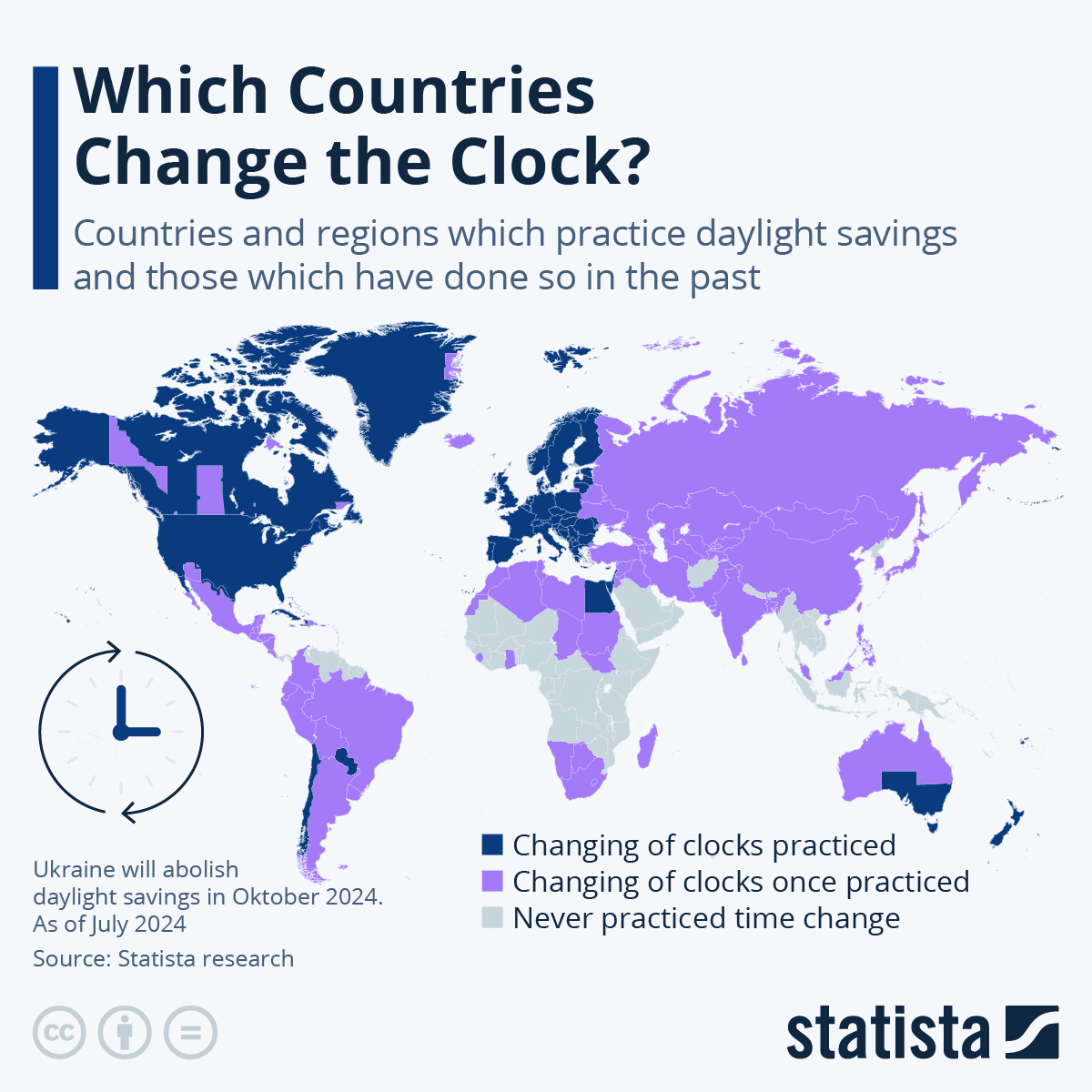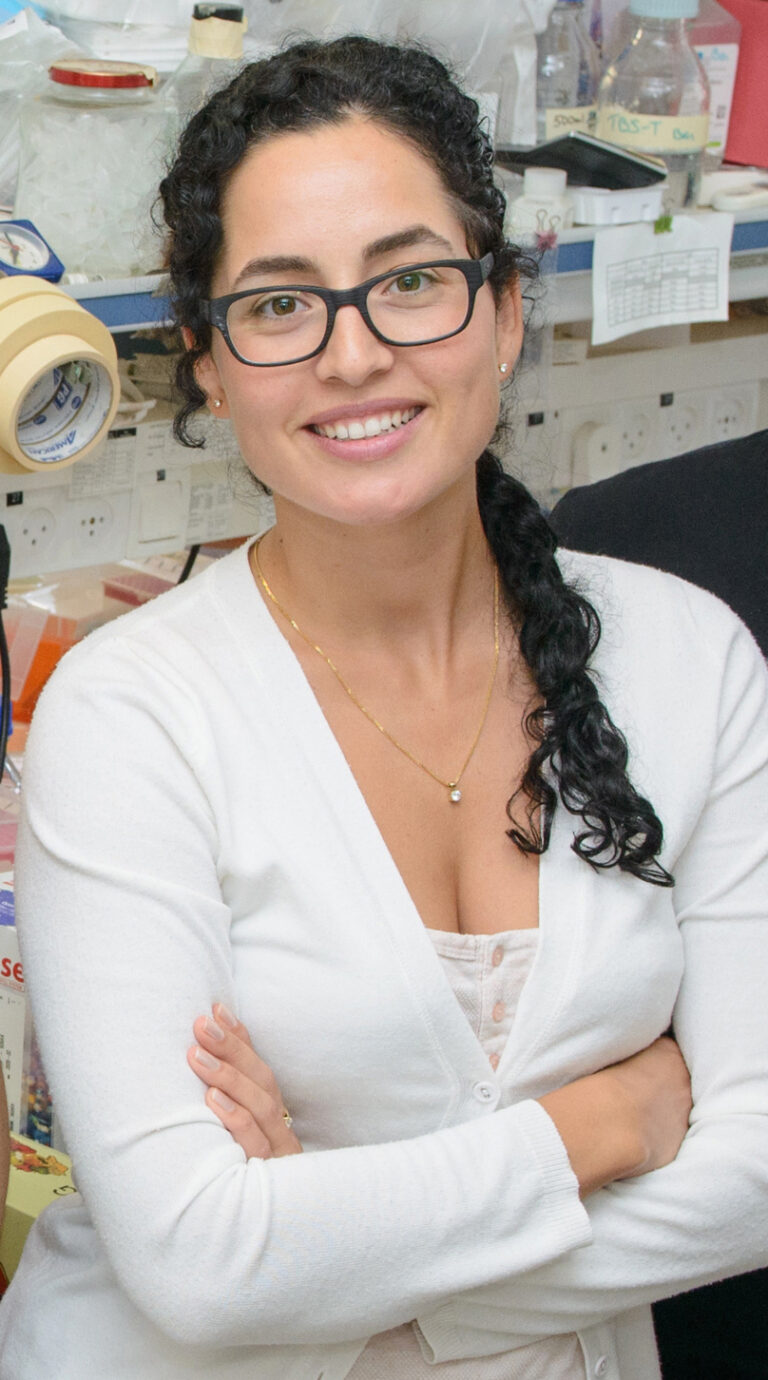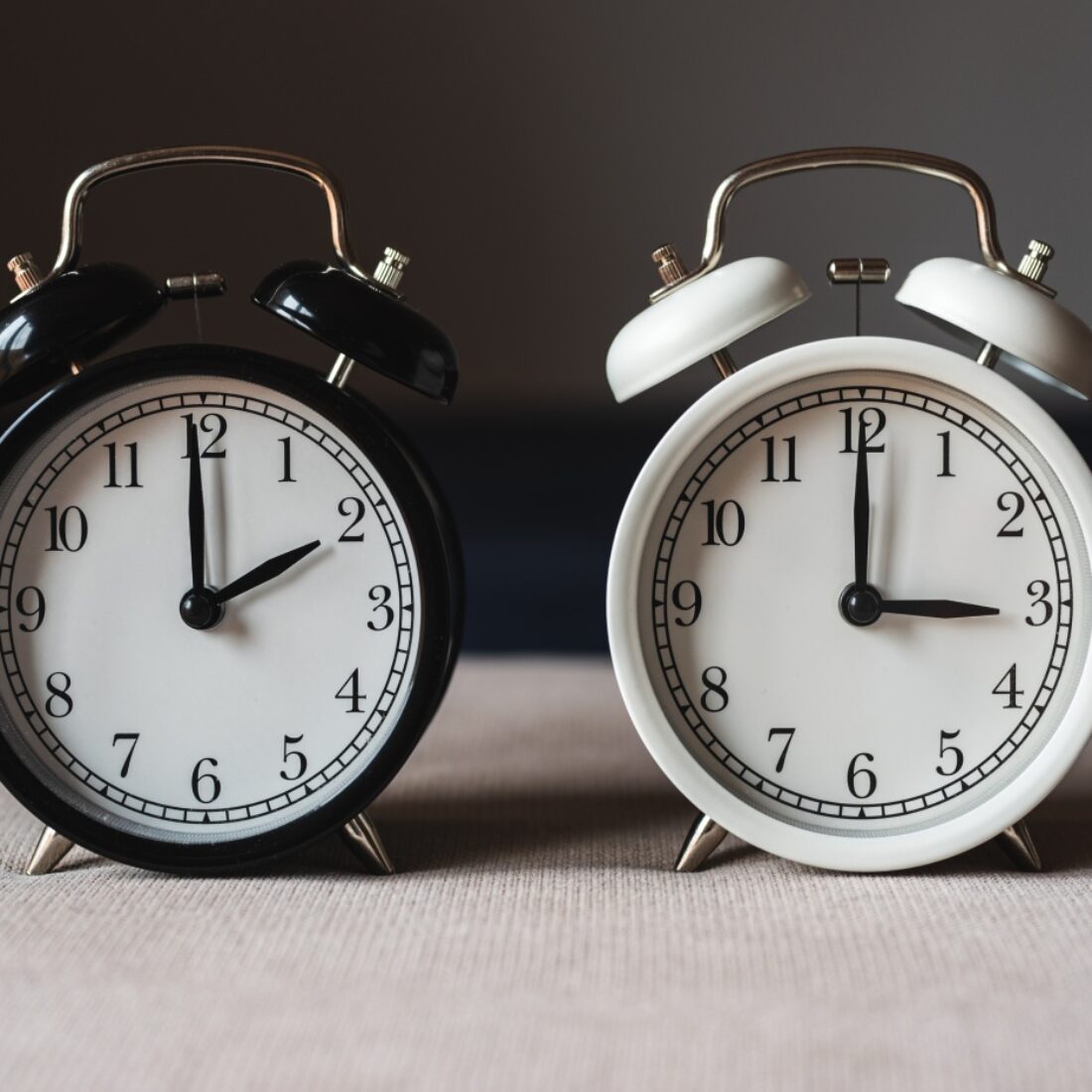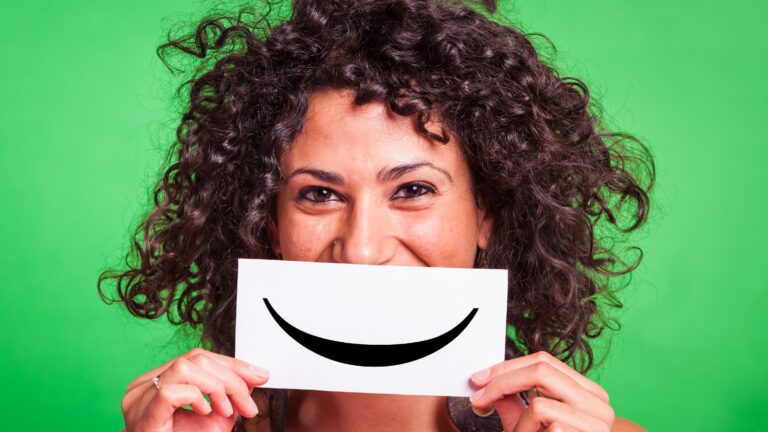Yaarit Adamovich will not declare whether daylight saving time is ultimately good or bad. She leaves us to judge for ourselves.
But she does say this without hesitation: “It is complicated.”
Adamovich, who has a PhD in biology, is associate staff scientist in the biomolecular sciences lab of Prof. Gad Asher at the Weizmann Institute of Science. This lab studies the connection between circadian clocks and metabolism.
“The idea of daylight saving time is for financial and social reasons — to save money on electricity and to give us another hour of light at the end of the day to interact with family and friends,” says Adamovich.
However, the electricity rationale is hotly debated across the world. After all, when the United States introduced daylight saving time in 1918, most household energy use was for lighting. Today, with widespread air conditioning, some research has found little or no difference in energy consumption during daylight saving time.
Statista reports that fewer than 40 percent of countries still make the switch to daylight saving time (DST) from standard time (ST) from late March to late October.
Countries continuing to turn the clocks ahead include Israel and the United States (except Arizona and Hawaii), most of Canada and Europe, New Zealand, a handful of Latin American countries and part of Australia. And they don’t all do it on the same day.
 You will find more infographics at Statista
You will find more infographics at Statista
This year, Mexico adopted permanent ST, while Canadian provinces Saskatchewan and Yukon adopted permanent DST. Egypt, having opted out of DST previously, is re-implementing DST on April 28 in hopes of saving energy.
Yes, it’s complicated.
DST and our body clocks
“When we change from standard time to daylight saving time, we push the clock forward an hour. However, biologically, our bodies stay an hour behind,” Adamovich tells ISRAEL21c.
Most of us are familiar with the circadian rhythm, our internal timekeeper whose master clock is in the brain. Circadian rhythms affect our health – our mood, metabolism and much more.

Adamovich explains that in addition to the master clock we have clocks throughout the body including the liver, heart and muscles.
“All these peripheral clocks must be aligned with the master clock in the brain that synchronizes according to light,” she says.
That’s normally good because our internal timekeepers cue the body to anticipate changes upon waking up in the morning. When we’re an hour off in either direction, the body can suffer negative health effects.
For example, says Adamovich, “The morning after we change to daylight saving time, someone with a heart condition is waking at 7 but the heart thinks it’s 6. The heart is not ready, and must pump harder and so there is an increased risk of heart attack.”
Studies show that during the initial change period there’s also a rise in fatal car accidents, she says, because “the mind is also unsynchronized and during the first days or even weeks it takes people time to adjust. It feels like jet lag.”
Owl or lark?

How long it takes your body to adjust to the time change may be influenced by your chronotype — whether you’re a morning person (“lark”) or night person (“owl”). This, too, is dictated by your biological clock.
Adamovich says Israeli experts from the circadian field are investigating chronotypes and the effect of light misalignment in the first few weeks of time changes.
“In Europe, a lot of the population has a hard time adjusting to daylight saving time. Sometimes it even takes months. Maybe that’s because there are more owls,” says Adamovich, explaining that owls have more difficulty adjusting to daylight saving time, as do adolescents.
“When we change to daylight saving time it’s still dark when we wake up, and people don’t like that. Light is an important synchronizer of the master clock in the brain.”
Furthermore, “adding an hour of light at the end of the day means people sleep less in summertime, and sleep is important to many health aspects.”
Israeli sleep scientists are starting to examine Health Ministry statistics to check for any correlation between time change and events such as strokes and car accidents, Adamovich says.
The US-based Sleep Research Society is unequivocal on this issue.
Last fall, the society released a position statement that advocates “ abolishing our current spring transition to daylight saving time and adopting permanent standard time. Daylight saving time is associated with increased risks of sleep loss, circadian misalignment, and adverse health consequences.”
The statement noted that when the timing of natural light becomes desynchronized from normal physiological processes, it disrupts the regulation of melatonin and cortisol hormones. This “contributes to stress, altered metabolism and inflammation.”
On the other hand…
Adamovich acknowledges that for many people, the advantages of DST outweigh the possible health problems it creates.
“If we cancel the summer clock – that’s what we call daylight saving time in Israel — I don’t think people would react happily. I think a lot of people enjoy that change,” she says, citing that extra daylight hour to get together with friends at the beach.

Bar-Ilan University happiness researcher Anat Fanti takes it even farther, suggesting (as some countries are doing) to adopt permanent DST.
“My take is that we should leave ‘summer time’ with an extra hour of light in the evening all year so that children can play outside, and families have more time outside in nature — all good for mental health,” Fanti tells ISRAEL21c.
“On the economic side, it gives another hour for working effectively and shopping, both of which increase GDP. This may be a simplistic view, but especially for a sunny country like ours, having less light is a bit depressing,” she says.
In the United States, 18 states have passed legislation calling for permanent daylight saving time, but cannot implement it without a change in the federal law.
“The bottom line is that there is a tension between health and happiness,” says Adamovich. “We need to check how changing from standard to daylight saving time affects the population in terms of increased heart attack risk, circadian and light misalignment, and less sleep.”
















